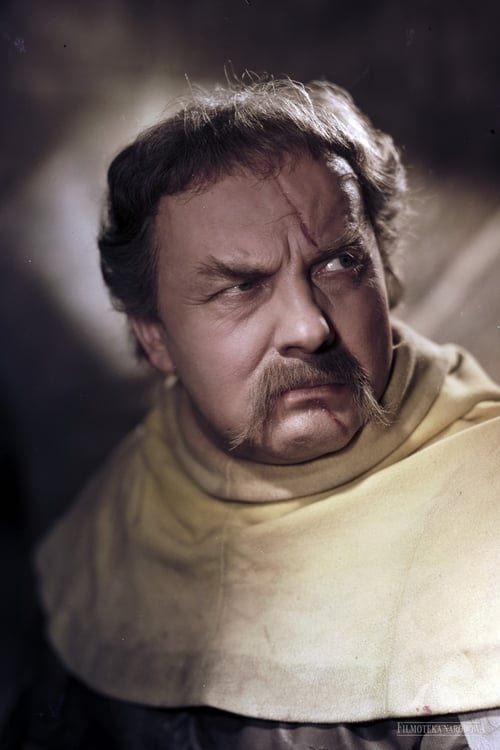Aleksander Fogiel
出生 : 1910-02-26, Siedlce, Gubernia siedlecka, Królestwo Polskie (obecnie Polska)
死亡 : 1996-01-17
略歴
Aleksander Fogiel urodził się w 1910 roku w Siedlcach. Na dużym ekranie debiutował dopiero w 1958 roku rolą Apostoła w "Bazie ludzi umarłych". Debiut Fogla uważany jest za jeden z najwybitniejszych sukcesów polskiego aktorstwa filmowego. Aktor rozwiązał tutaj problem ekspresji filmowej, zdołał stworzyć mocną, sugestywną postać, nie wyrzekając się dyskrecji i umiaru. Debiut filmowy poprzedziła wieloletnia wędrówka przez sceny Wrocławia, Jeleniej Góry, Częstochowy, Poznania, Szczecina. Po znakomitym przyjęciu gry Fogla w "Bazie ludzi umarłych", pojawiał się w kolejnych, niejednokrotnie wybitnych filmach. Zagrał m.in. włóczęgę w "Nikt nie woła" Kutza, szlachcica hiszpańskiego w "Rękopisie znalezionym w Saragossie" Hasa czy Jóźwiaka w "Jak rozpętałem II wojnę światową". Aleksander Fogiel zmarł w wieku 86 lat, zapisując się na stałe w historii polskiej kinematografii.

profesor
Bronek Pekosinski lives in Zamosc, Poland. He is probably 83 years old. He has no family and does not really know who he is. Everything about his life is fictitious: symbolic is the date of birth - the day World War II broke out, as well as his surname - after PKOS, an abbreviation of a charitable institution, and the place of birth - the Nazi concentration camp, from where his mother threw him over a barbed wire fence. Even his friends and guardians turned out to be false. Only his loneliness and his hump seem to be authentic. Two great powers have vied for young Bronek's soul: Roman-Catholic church and a totalitarian state. He fell into alcoholism. Partially paralyzed as the effect of cerebral hemorrhage, he is fired with an ambition of acquiring a mastery in a game of chess.
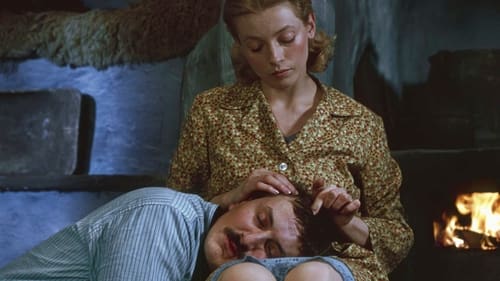
Wójt
Kaziuk, a stubborn peasant and his pregnant wife live in a backwood village, unaffected by the civilization. The village is once visited by a couple of wanderers, and strange things start to happen afterward. A new schoolteacher is sent to the area. She stirs erotic fantasies in Kaziuk. In a stir of frustration Kaziuk cuts down a family tree - a sacrilegious act in the eyes of his family. Going a step further and using a scythe for cutting the rye instead of a sickle brings the whole village against him.

Ksiądz
1950, a small town in Poland. Not the best times for shop owners like Jozef Piasecki - obstacles from authorities, restricted wholesale supplies. Moreover, he constantly argues with his son, the 17 year old Witek. Witek experiences love for the first time. This should be a time of great excitement for him, but Witek, being rather anxious about the future, becomes an example of a youth generation growing up under the long shadow of Stalin.

Mistrz Chramazyk

bufetowy na dworcu
The action-packed historical and revolutionary film about the struggle of the VCHK with the international conspiracy against the Soviet government in Russia in the beginning 20s. On the activities of Dzerzhinsky, chairman of the VCHK, People's Commissar of Internal Affairs and at the same time Commissar of Railways. About the work on resuscitation of a collapsed industry, army, railways, to which the Iron Felix attracts (some by threats, some by persuasion) pre-revolutionary intellectuals.

Małaszyński, świadek oskarżenia w procesie brzeskim

[obsada aktorska]
A film from the "Silhouettes of Polish Literature" series

Jan, woźny w firmie Połanieckiego
The love story of Stanisław Połaniecki and the beautiful Marynia Pławicka, set in the scenery of manor houses and Warsaw from the end of the 19th century.
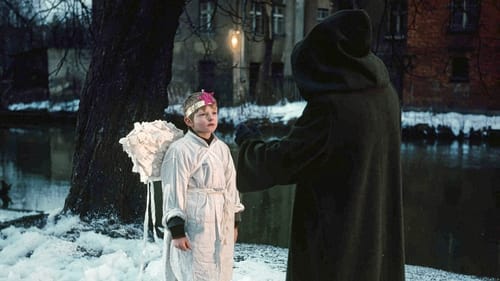
A psychological detective story about a police hunt for the murderer of young boys. The police comissioner ends up tracing the clues to his own home, where he has an adolescent son he has not been able to communicate with.
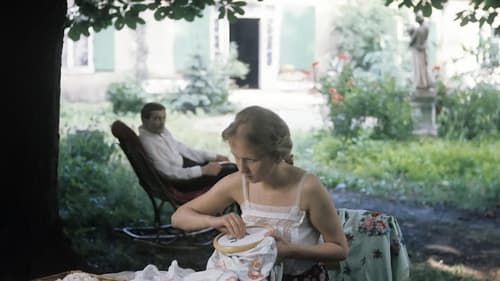
przedsiębiorca pragnący kupić miejskie grunty

naczelnik
Żagota lost his fortune, family and friends. His only hope is a horse which got stolen.

Uczestnik chrztu Mieszka
Told in flashback as Mieszko lies feverish in his bed just before the Battle of Cedynia, Gniazdo recounts how the revered leader extended Poland's borders, formed an alliance with Emperor Otto I, and ultimately strengthened his country's autonomy by achieving victory during that crucial battle in the year 972.

A bitter story about a bizarre folk sculptor. The creators placed the action in the original landscapes of a mountain village.

Sołtys
The main characters are the same two quarreling peasant families introduced in "Sami swoi" (Our Folks). The action of the film starts 18 years later. The old quarrels have been forgotten, but new problems keep popping up. They have no successors to inherit the farms. They invent a tricky and clever plan. The young granddaughter is to take over both of the farms after her marriage. Both Kargul and Pawlak have no rest until they carry out the plan. In the end, after numerous adventures and obstacles their cunning intrigue is fulfilled - the young marry and the land remains in the family's hands.

złotnik Matz Schilling, ojciec Anny
Poland's submission for the Academy Award for Best Foreign Language Film in 1973

Stróż w bazie transportowej

Professor Ramuz
Jaruga, the head of the local Security Office, cannot liquidate the "Boruta" unit. Most likely, he has his man in the UB. In order to unmask him and liquidate the unit, Albert, an employee of the UB, acting in complete conspiracy, arrives.
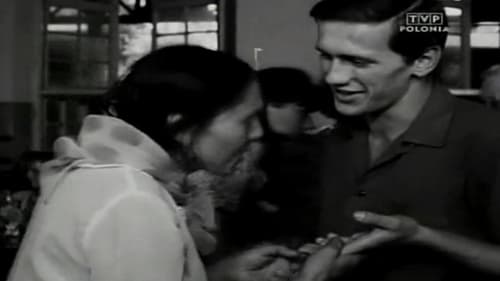
stolarz Lewicki, ojciec Wiktora
18 years old boy struggles to make decisions about his future.
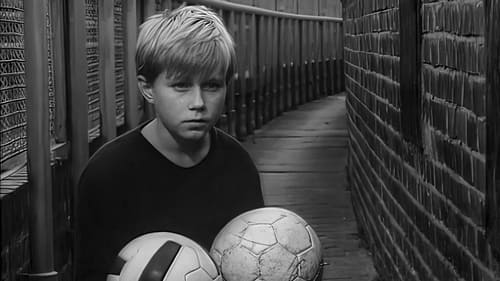
A funny story about a young soccer player nicknamed Paragon.
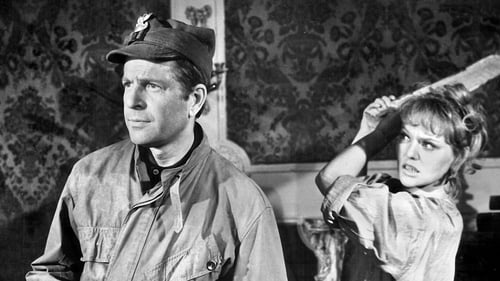
Starosta
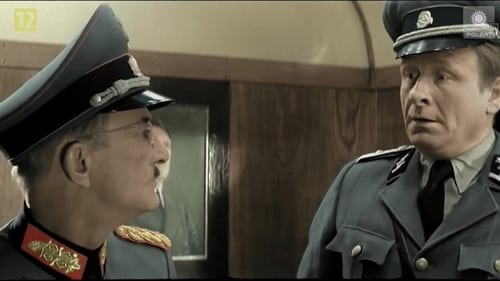
Józwiak
On the night of August 31, 1939, Dolas, from a platoon reinforcing a train station on the German border, falls asleep in a train car and unknowingly crosses into Germany. The moment he shoots a German, who he thinks is a saboteur, the German invasion of Poland begins, and Dolas is convinced it was his fault. He is taken to Stalag POW camp, the first destination in his odyssey around Europe.
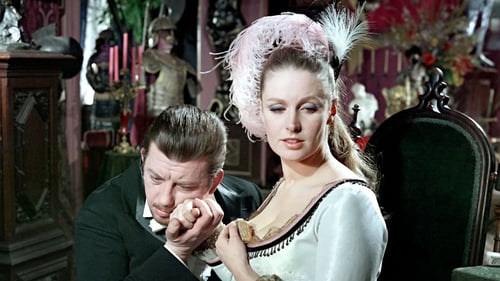
Set in the 19th century Warsaw. The indolence of aristocrats who, secure with their pensions, are too lazy to undertake new business risks, frustrates Wokulski. His ability to make money is respected but his lack of family and social rank is condescended to. Because of his "help" (in secret) to "the doll's" impecunious but influential father, the girl becomes aware of his affection.

Host
A man who is socially inept and out of touch with the world lives with his sister in a small farmhouse. The overly sensitive man lives off his hard-working sibling, taking odd jobs as he gets them to secure his meager earnings. When he brings home a woodcutter from the forest, the sister and the newcomer fall in love. Terrified over a life without his sister, the man can't cope and decides to kill himself. This depressing tale of alienation, doubt and uncertainty was the Polish entry at the Cannes Film Festival in 1968.

Concierge
This drama follows a lawyer who, averse to the sound of a barrel organ, changes his outlook upon meeting a blind girl. Based on the short story by Bolesław Prus.

Dziwisz, ojciec Irmy (nie występuje w napisach)
25-year-old Anna works in the laboratory of the Lodz textile factory. She lives with her mother and recently married husband. Her life collapses when a stranger appears, looking for a daughter who has disappeared during the war.
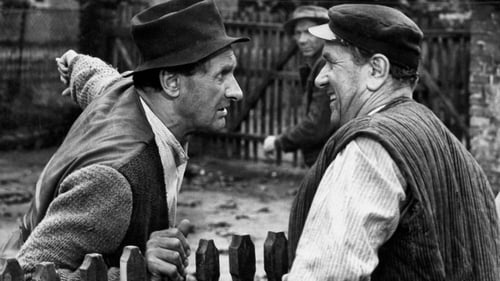
Sołtys
Two quarreling peasant families, who were forced to leave their lands after the war, are settled by accident on two neighboring farms.

służący Józef

Polish musical comedy. The film focuses on two friends who spend their vacation in the beautiful countryside of Mazury. They buy a very nice car (Syrenka), but in order to pay for it the men need to start working as solicitors for a notable art impresario named Koszajtis. Soon they get thrown right in the middle of a hilarious war between two rivaling music-and-dance groups.

Hotel receptionist
After the war, Stefan cannot go back to a normal life.
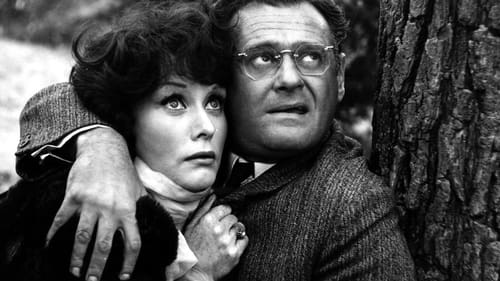
The first Polish film to discuss the failure of September 1939 Polish-German war. We can see it from the point of view of a university intellectual, fascinated by German culture, who decides to take active part in the conflict. Professor Gabriel Tomicki spends the last evening before WW2 breaks out quarreling with his university colleague Professor Dog-Lesniewski about the superiority of German over French culture. He finds German culture fascinating and believes neither in war, nor in Nazi barbarity. When the war begins, he tries to enlist and befriends Florentyna, a nightclub dancer and his neighbour. Gabriel falls in love with her, finally manages to become a soldier and even prove his courage. One day, he meets by chance his university adversary Dog-Lesniewski... —kinoholik
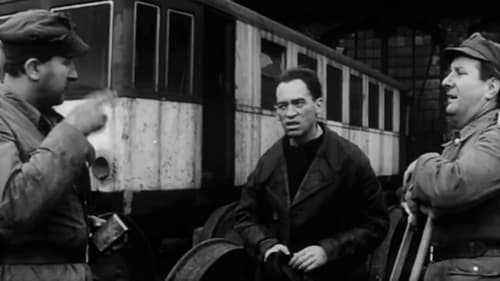
pułkownik radziecki

Milicjant Franek
The former owner, a German, shows up on a farm belonging to the Poles settled there.

Stefan Rubiński, były "narzeczony" Krystyny
A daughter of a furniture seller helps her father’s business by promising a marriage to the customers.

majster Bień, kierownik budowy wiaduktu
A young designer is tormented by remorse after the bridge collapses.

Felczer Pietrzak
A Soviet soldier stays with a Polish family.
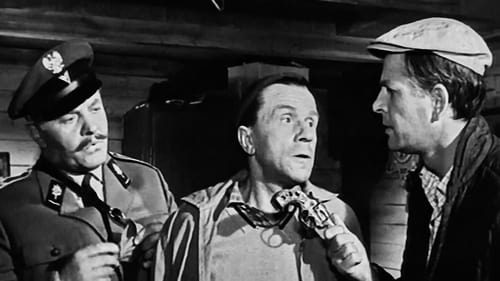
komendant posterunku MO
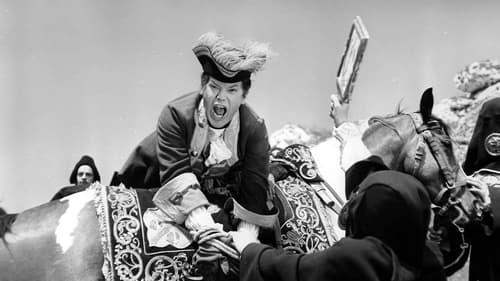
Nobleman
Upon finding a book that relates his grandfather's story, an officer ventures through Spain meeting a wide array of characters, most of whom have a story of their own to tell.

sędzia gdański
Adventures of a two little girls kidnapped from their families.

Paszczuk
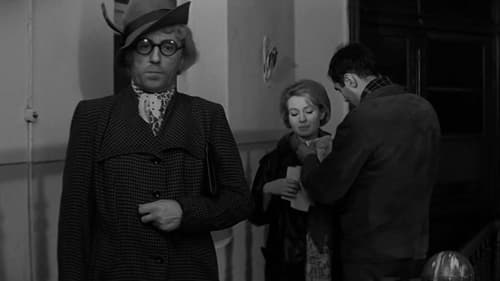
Handlarz z pociągu
The Italian soldier Giuseppe Santucci, on his way home from the Russian front, during World War II (in 1943), has his machine gun stolen in Warsaw. Afraid of consequences, he stays in Warsaw and occupies a flat of the Polish girl Maria, whom he suspects of stealing weapon. Maria indeed is an active member of the Polish resistance, contrary to her brother, Staszek, a painter, who only wants a calm living. In a course of funny events, Giuseppe falls in love, and, along with Staszek, becomes a hero of the Polish resistance.
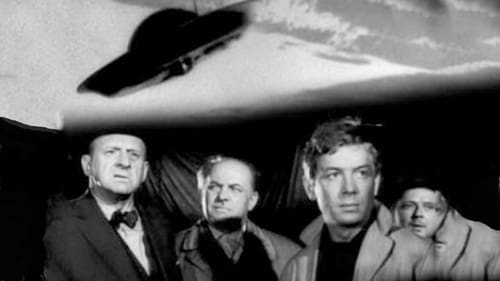
Mysterious creatures that have landed on the ground in a flying saucer, encourage the people they meet to undergo experimental research in exchange for gaining youth and immortality.

Budyta
1945. Home Army soldier who hides in the village must decide if he wants to engage into dangerous situation to help group of Jewish runaways.

Kowalec -pracownik Rany Narodowej
"A Meeting in Bajka" tells a seemingly banal story of a marital triangle which bristles with intrigues and psychological nuances as a man, his wife and her lover rendezvous at the Bajce cafe.
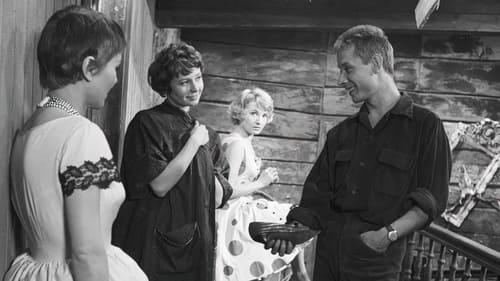
Stary
The inability of a truck driver to relate to normal life after an accident for which he feels himself responsible.
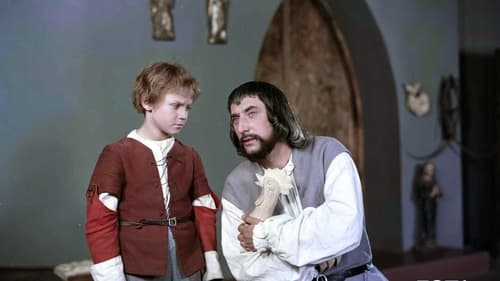
Starszy strażnik grodu w Myślenicach
Set in the Middle Ages the film tells the story of a wonder child, the little sculptor Wawrzek, who goes to work for a great master, Wit Stwosz. The story culminates in the unveiling of Stwosz's greatest masterpiece, the Altar of St. Mary's Church in Cracow.

karczmarz Szponderski
The movie is about the fate of Polish soldier named Kaleń who fought with UPA in 1945. Set in the closing days of World War II, the film recounts the adventures of the Polish soldier caught in the turmoil among the Polish Communist army, anti-communist underground and Ukrainian fascists.
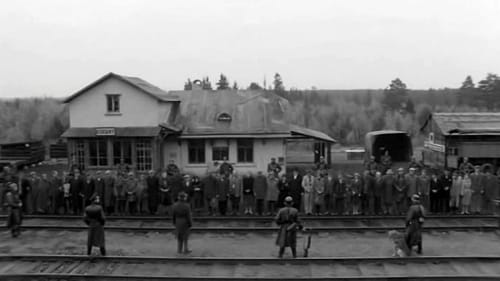
Pedlar
A group of people find themselves stuck in remote train station in German-occupied Poland. A drunk German station guard there gets paranoid and sees partisans all around him, phones headquarters, and when the German soldiers arrive and search the station they find a gun. They then threaten to execute every fifth person unless someone claims it.

Wesołek
Based on real events story of stealing methyl alcohol causing mass poisoning in town.

"Ojciec"
A quarry worker falls in love with a practicing doctor.

Mayor
"In 1960 Kazimierz Kutz' second film NIKT NIE WOLA / NOBODY'S CALLING, based on a Jozef Hen novel that was never published in Poland, described the fate of Poles on the Eastern Front. Kutz used the film to explore new formal solutions, collaborating closely with cinematographer Jerzy Wojcik to reveal the psychological landscape of a pair of lovers who are strongly affected by wartime events. The camera recorded the couple's inner experiences, contrasting their muted intimacy against the surrounding scenery of a ruined town. The film did not win over critics at the time of its release. It was not until later that critics recognized Kutz's effort to experiment with aesthetics in a manner akin to that pursued by filmmakers of the new wave. NOBODY'S CALLING came to be compared with Michelangelo Antonioni's THE ADVENTURE, which was produced around the same time."
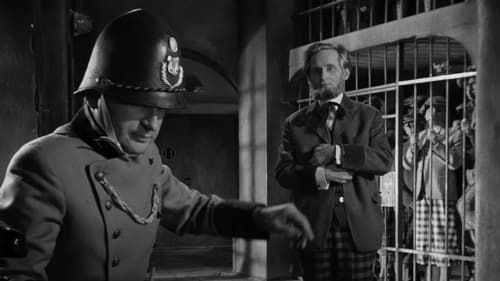
A reclusive lighthouse worker accepts the offer to swap jobs with a police inspector for a while, just to help him catch Teston, the so-called criminal of criminals.
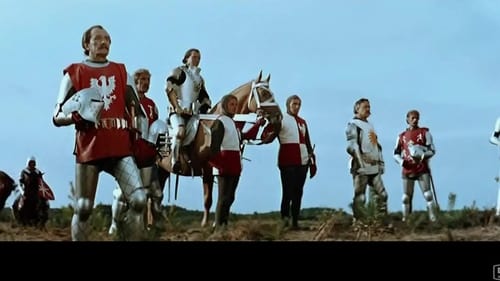
Macko of Bogdaniec
A tale of a young impoverished nobleman, who with his uncle returns from a war against the order of the Teutonic Knights in Lithuania. He falls in love with a beautiful woman and pledges an oath to bring her "three trophies" from the Teutonic Knights.

Adventures of Adam Cisowski - very smart boy- who is looking a big treasure hidden by Napoleon's Soldier in XIX century. But he is not only person who is looking a treasure. His rivals are very dangerous.
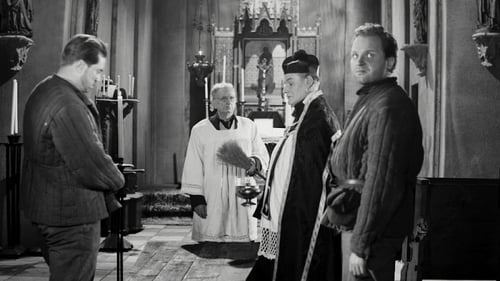
"Apostoł"
In the rugged mountain gorges and ravines of southeastern Poland, a new boss and his wife become a catalyst for violence.
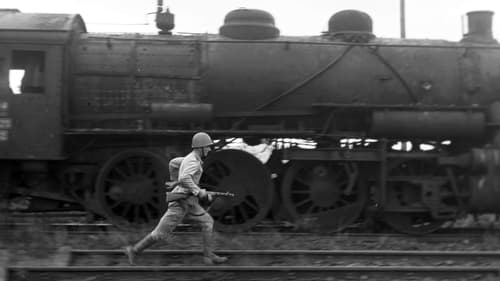
Busko
Three episodes showing the repercussions of war. A soldier is awarded with the Cross of Valor and vacation to home. But instead of his village, he finds only the charred ruins. A stray dog turns out to be the former guard at Auschwitz. A young widow is hailed as the wife of the hero but dreams of something else.
